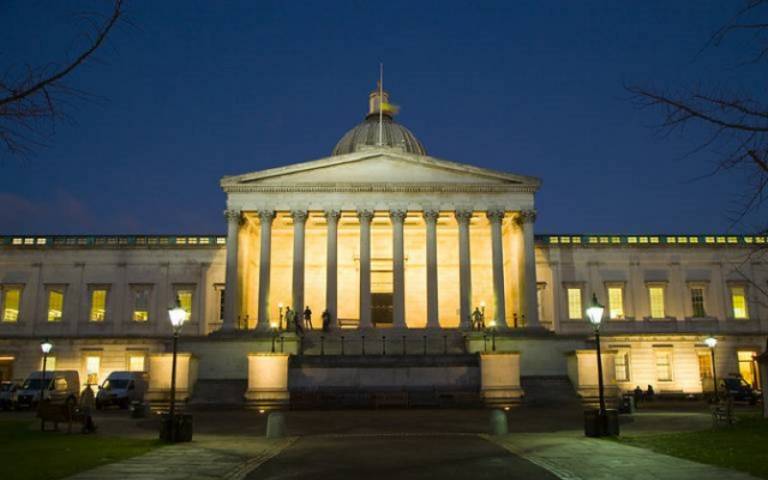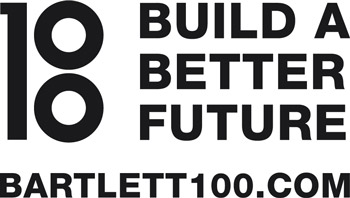The Annual Sir Peter Hall Public Lecture given by Roger Keil
05 June 2019, 6:00 pm–8:00 pm

Metabolic Suburbia: Facing the connectivity of the extended urban world
This event is free.
Event Information
Open to
- All
Availability
- Yes
Cost
- Free
Organiser
-
Victoria Howard
Location
-
XLG1Christopher Ingold20 Gordon StreetLondonWC1H 0AJUnited Kingdom
This lecture examines the process of global suburbanization from the perspectives of its boundaries and limits embodied in human and non-human nature. In other words, it will examine how the massive extension of extended forms of urbanization expose people to disease and ill health and reconstitute the ways in which humans relate to non-human nature.
Based on the idea that we live on a suburban planet, I will discuss two areas where the impact of peripheral urbanization around the world is felt – often painfully and costly – by human and non-human communities. These two areas are the interrelationship of peripheral urbanization with the spread of (re-)emerging infectious disease and the metabolic societal relationships with nature at the urban edge, or what I will call Suburban Political Ecologies (SUPE) .
More precisely, I am taking a parallel approach to both areas: Based on socio-ecological thinking, I consider the political pathologies and the political ecologies of the urban periphery open to similar analytical principles: I treat humans as embedded in ecologies of more-than-human environments that are structured equally by human action while being both enabled and constrained through the conditions of what we refer colloquially as nature. In an era of climate change and species extinction, it appears humans are claiming ever more space and putting more and exceedingly damaging pressure on natural systems.
More than 3 billion people are projected to be added to the 7 billion that already inhabit the planet. It is likely that most of these new residents of “spaceship earth” will live in some form of extended, suburban environment, taking up about 1.2 million square kilometres globally by 2030. That is twice as much area used as at the beginning of the century. This settlement pattern cuts into existing agricultural land and drives urbanization into feral and previously uninhabited regions of the world. The consequences of this massive expansion in human settlement add up to a redefinition of what urban life, or life generally, will mean for humans on the suburban planet. They test the conditions of our collective existence in ways we haven’t see since the emergence of the “bacteriological city” a century ago and the socio-technological networks we have introduced to live in what Lefebvre calls “urban society.”
About the Speaker
Roger Keil
Research Chair in Global Suburbanisms/Urban Studies at University College London
Roger Keil is York Research Chair in Global Sub/Urban Studies at the Faculty of Environmental Studies, York University in Toronto. He researches global suburbanization, urban political ecology, cities and infectious disease and regional governance and is the Principal Investigator of the Major Collaborative Research Initiative on Global Suburbanisms (2010-19). Keil is the author of Suburban Planet (Polity 2018) and editor of Suburban Constellations (Jovis 2013) and co-editor, with Xuefei Ren of The Globalizing Cities Reader (Routledge 2017). He is the editor of the Global Suburbanisms book series with UTP and the co-editor of Suburban Governance: A Global View (with Pierre Hamel) and Massive Suburbanization (with K. Murat Güney and Murat Üçoğlu) in that series. A co-founder of the International Network for Urban Research and Action (INURA), he was the inaugural director of the CITY Institute at York University and former co-editor of the International Journal of Urban and Regional Research.
More about Roger Keil Close
Close


